Lead Generation for Recruitment Agencies
Struggling to generate leads in the recruitment industry can be daunting.
You might be a top-notch recruiter, but without a steady stream of clients and candidates, your agency can’t thrive. Many recruitment agencies face this challenge due to outdated methods or a lack of targeted strategies.
Lead generation in recruitment is different to general lead generation.
It’s not just about finding potential customers; it’s about attracting businesses that need hiring services and candidates who fit those roles perfectly.
By understanding and implementing the right techniques, you can build a robust pipeline of both clients and candidates, ensuring your recruitment agency’s growth and success.
Read on for everything that you need to know about lead generation for recruitment agencies in 2025.
Contents
What is Lead Generation?
Lead generation involves attracting and converting prospects who show interest in your recruitment services. In recruitment, it means finding businesses that need hiring services and candidates suitable for job openings.
Lead generation is essential for recruitment agencies, as it helps maintain a steady flow of clients and candidates. Effective lead generation strategies ensure that agencies, can meet the hiring needs of their clients promptly and efficiently.
This process can involve various tactics, including digital marketing, networking, and leveraging social media platforms. Each method aims to identify potential leads, nurture them, and eventually convert them into clients or candidates.
Combining multiple approaches, such as inbound and outbound marketing, can provide a comprehensive lead generation strategy. This integrated approach ensures a consistent pipeline of quality leads.
Why is Lead Generation Important for Recruitment Agencies?
Lead generation is vital for recruitment agencies to maintain a robust pipeline of clients and candidates. It ensures a continuous flow of opportunities, enabling agencies to fill positions promptly and effectively, ultimately driving business growth.
Recruitment agencies can gain from building up a talent pool and categorising them ready for the appropriate job position.
Lead gen’ for recruitment agencies helps you save time, meaning that when a job vacancy pops up you are ready to fill it. Turn-around time is a major factor in recruitment, helping a business gain candidates in a timely manner is important.
How to Get Free Leads for Recruitment
Usually, you’d expect to pay-per-lead. It’s your duty to do your research and converse with the lead agency to ensure that the leads are of high quality.
But that’s where FatRank differs—we offer you a pay-on-conversion model. You only pay once the lead has been converted, ultimately allowing you a risk-free lead generation strategy.
No upfront costs with our risk-free pay-on-conversion option. Only charging you for leads that have converted into customers.
No upfront costs, no wasted time – just a return on investment, paying only on guaranteed success.
Want to know more? Find out if we could help you gain recruitment leads by contacting us here.
Strategies for Lead Generation
There are plenty of strategies for lead generation, including content marketing, lead magnets, and more.
Content Marketing
Content marketing involves creating and sharing valuable content to attract and engage your target audience.
- Lead Magnets: Offer downloadable resources such as eBooks, whitepapers, and templates in exchange for contact information. This helps build a list of leads interested in your services.
- Career Guides: Publish blog posts or downloadable guides focusing on career advice, industry insights, and job search tips. Include calls to action that encourage readers to get in touch with your agency.
- Webinars: Host webinars on topics like job search strategies, industry trends, and interview techniques. Promote these events through your website and social media channels to attract both clients and candidates.
Content marketing is also great for lead nurturing which helps build lasting relationships with potential recruits.
SEO (Search Engine Optimisation)
SEO involves optimising your website to rank higher on search engine results pages, attracting organic traffic.
- Website Optimisation: Ensure your website is optimised for relevant keywords related to recruitment services. High-ranking websites attract more organic traffic, leading to more leads.
- Local SEO: Focus on local SEO strategies to attract clients and candidates from specific regions. Optimize your Google My Business profile and include location-specific keywords.
- Quality Content: Regularly publish high-quality, keyword-rich content that addresses the needs of your target audience. This improves your site’s ranking and visibility.
Social Media Engagement
Social media marketing involves using platforms like LinkedIn, Facebook, and Twitter to engage with your audience and generate leads.
- Active Presence: Maintain an active presence on relevant social media platforms. Share industry news, job openings, and career advice to engage with your audience.
- Targeted Ads: Use social media advertising to target specific demographics and industries. LinkedIn Ads can be particularly effective for B2B lead generation.
- Engage with Followers: Respond to comments and messages promptly, and participate in industry discussions to build relationships and trust.
Webinars and Online Events
Online events provide an excellent platform for engaging with your target audience and generating leads.
- Host Webinars: Organise webinars on relevant topics such as CV writing, interview techniques, and industry trends. These events can attract potential clients and candidates, providing valuable contact information for follow-up.
- Virtual Job Fairs: Host virtual job fairs to connect with potential candidates and clients. Promote these events through your website and social media channels.
Cold Calling and Emailing
Traditional methods like cold calling and emailing can still be effective if done correctly.
Targeted Outreach: Identify potential clients and candidates and reach out to them via cold calls and emails. Personalise your messages to address their specific needs and pain points.
Follow-Up Strategy: Develop a follow-up strategy to stay in touch with leads who have shown interest but haven’t converted yet. Regular follow-ups can help nurture these leads.
Networking and Events Networking is crucial for building relationships and generating leads.
- Industry Conferences: Attend industry conferences and networking events to connect with potential clients and candidates. Exchange business cards and follow up with contacts after the event.
- Local Networking: Participate in local business networking events and job fairs. Building relationships within your community can lead to valuable referrals and leads.
We recently talked about cold calling and how there are other ways to generate leads than cold calling.
Paid Advertising
Paid advertising can quickly boost your lead generation efforts by targeting specific audiences.
- Google Ads: Use Google Ads to target businesses searching for recruitment services. Well-optimised ads can drive high-quality traffic to your website.
- Social Media Ads: Invest in paid social media advertising on platforms like LinkedIn, Facebook, and Instagram to reach a broader audience.
Recruitment Marketplaces
Joining recruitment marketplaces can provide a steady stream of leads.
- Register with Marketplaces: Sign up with online recruitment marketplaces that match recruiters with job openings. These platforms can provide a steady stream of leads and opportunities.
Effective Use of Technology
There’s a number of effective ways to successfully use technology to aid your lead generation campaigns, including CRM systems, a database and automation tools.
CRM Systems
A CRM system helps manage and track your interactions with leads and clients.
Centralised Database
Use a CRM system to store and manage your leads. A centralised database helps in tracking interactions and maintaining organised records.
Utilise CRM tools to automate follow-ups and reminders, ensuring timely communication with leads.
Marketing Automation Tools
Marketing automation tools can streamline your lead generation efforts.
- Email Campaigns: Use marketing automation tools to set up email campaigns that nurture leads over time. Segmented email lists allow for targeted messaging.
- Performance Analytics: Leverage analytics tools to track the performance of your lead generation campaigns. Use the data to refine your strategies and improve results.
Best Practices for Lead Generation
Here are three ways to ensure best practices for lead generation.
Building an Ideal Client Profile (ICP)
An Ideal Client Profile (ICP) helps you target your efforts more effectively.
- Identify Your Target Market: Develop detailed profiles of your ideal clients. Consider factors like industry, company size, hiring needs, and budget.
- Tailored Messaging: Craft your marketing messages to address the specific needs and pain points of your ideal clients.
Personalising Outreach
Personalisation can significantly improve your lead generation efforts.
- Customised Communication: Personalise your emails and calls to make your outreach more effective. Use the information from your ICP to tailor your messages.
- Build Relationships: Focus on building relationships rather than just making sales. Establish trust and credibility with your leads.
Tracking and Analysing Performance
Continuous improvement is key to successful lead generation.
- Set Metrics: Define key performance indicators (KPIs) to measure the success of your lead generation efforts. Track metrics like conversion rates, response rates, and ROI.
- Continuous Improvement: Regularly review your performance data and adjust your strategies accordingly.
Final Thoughts
Lead generation is essential for the success of recruitment agencies. By implementing a mix of effective strategies, utilising technology, and following best practices, agencies can attract and convert leads efficiently.
Continuous analysis and refinement of your strategies will ensure sustained growth and a competitive edge in the recruitment industry. For more tailored lead generation strategies and professional support, consider reaching out to Growth Recruits, our trusted partner in recruitment marketing.
FAQs
What is the most effective lead generation strategy for recruitment agencies?
The most effective strategy varies depending on the agency’s target market. A combination of content marketing, SEO, social media engagement, and personalised outreach is often the most effective for recruitment firms.
How can I improve my recruitment agency’s SEO?
Improve your agency’s SEO by optimising your website for relevant keywords, creating high-quality content, and building backlinks from reputable sources.
Find out more about improving your SEO with some of our expert tips.
What are some common mistakes to avoid in lead generation?
Common mistakes include not following up with leads, failing to personalise outreach, and not tracking the performance of lead generation campaigns.
Social media can help by increasing brand visibility, engaging with potential clients and candidates, and driving traffic to your website through targeted ads and content sharing.
Other Articles You May Like
Find other related articles on lead generation and things you should know:
- 10 Ways to Generate Sales Leads Without Cold Calling

- 3Local Lead Generation Tool for Multi-Location SEO Landing Pages
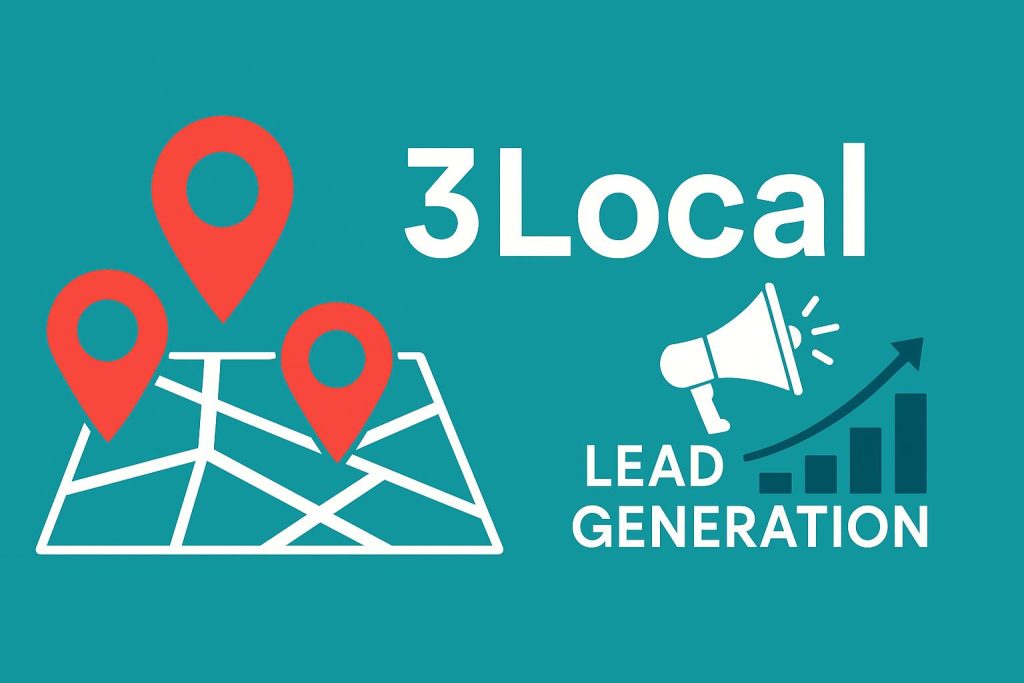
- Accountants Lead Generation

- Addiction Rehab Treatment Lead Generation

- Annuity Lead Generation

- Architects Lead Generation

- Attorney Lead Generation

- B2B vs B2C Lead Generation

- Bark.com Review
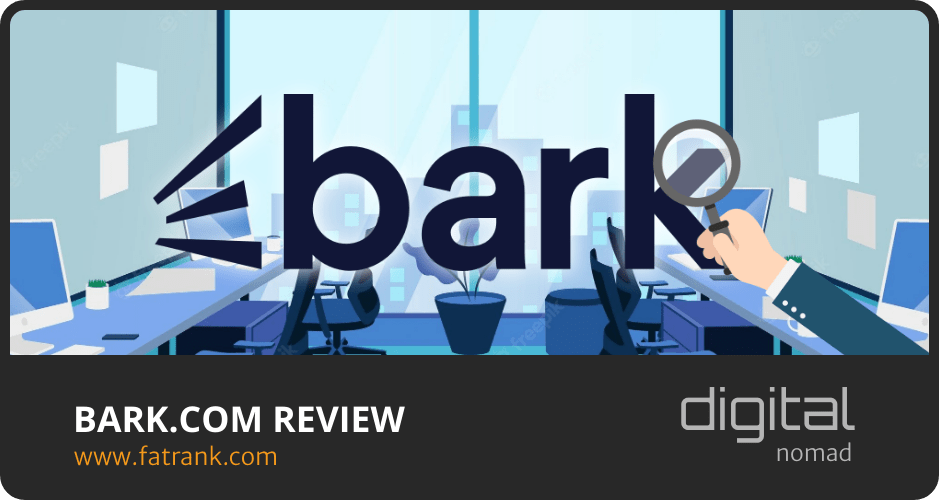
- Best Tradesman Websites
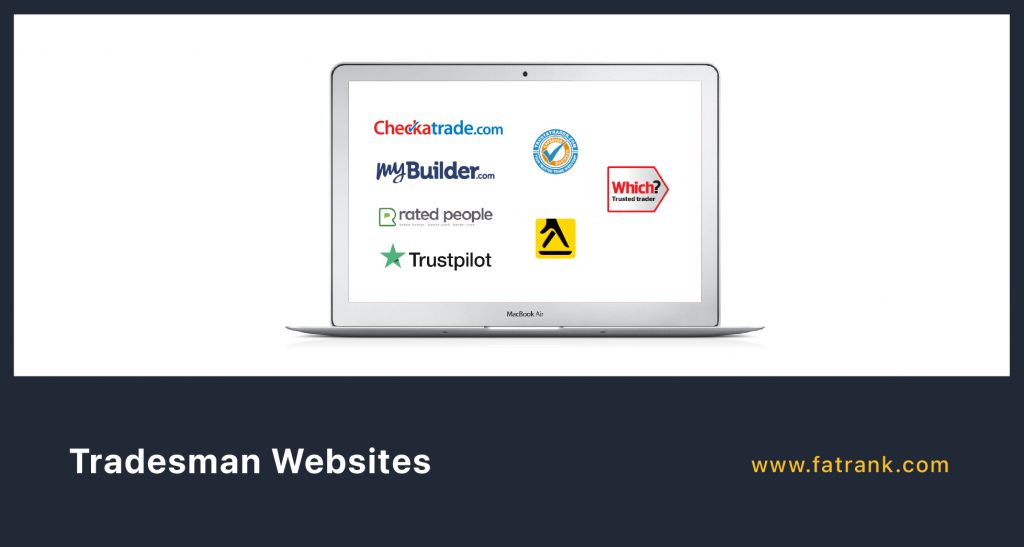
- Boiler Lead Generation

- Building Lead Generation

- Carpet Cleaning Lead Generation

- Checkatrade Review

- Chiropractic Lead Generation

- Cleaning Lead Generation

- Concrete Lead Generation

- Conservatory Lead Generation

- Credit Repair Lead Generation

- Cyber Security Lead Generation

- Damp Proofing Lead Generation

- Debt Lead Generation

- Decorator Lead Generation

- Dentist Lead Generation

- Digital Marketing Strategies for Lead Generation
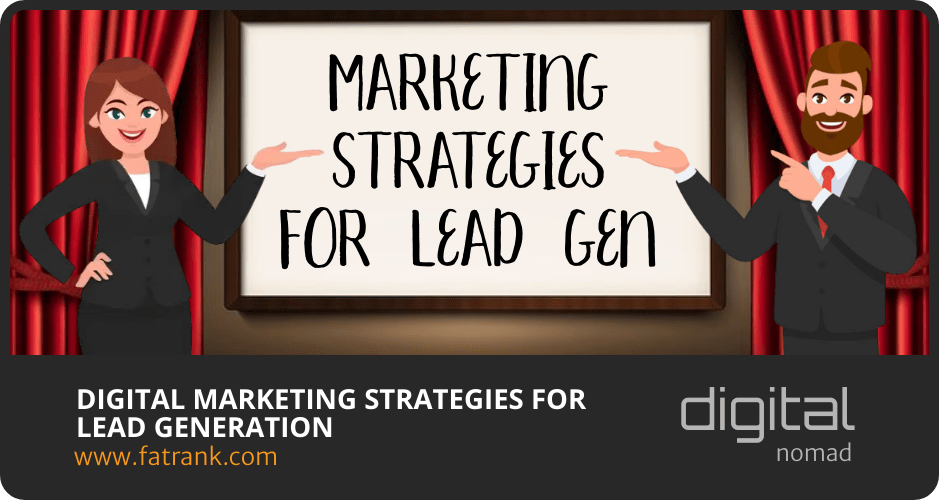
- Double Glazing Lead Generation

- Driveway Lead Generation

- Electrician Lead Generation

- Equity Release Lead Generation

- Excavation Contractor Lead Generation

- Fencing Lead Generation

- Financial Advisor Lead Generation

- Fintech Lead Generation: 5 Strategies for Fintech Companies

- Garage Door Lead Generation

- Heat Pump Lead Generation

- Heating Lead Generation

- Home Improvement Lead Generation

- How to Choose the Right Lead Generation Client

- How to Generate More Leads

- HVAC Lead Generation

- Importance Of Exclusive Leads

- Importance Of Leads That Convert Into Profit

- In-Market Lead Generation vs Out-Of-Market Demand Generation
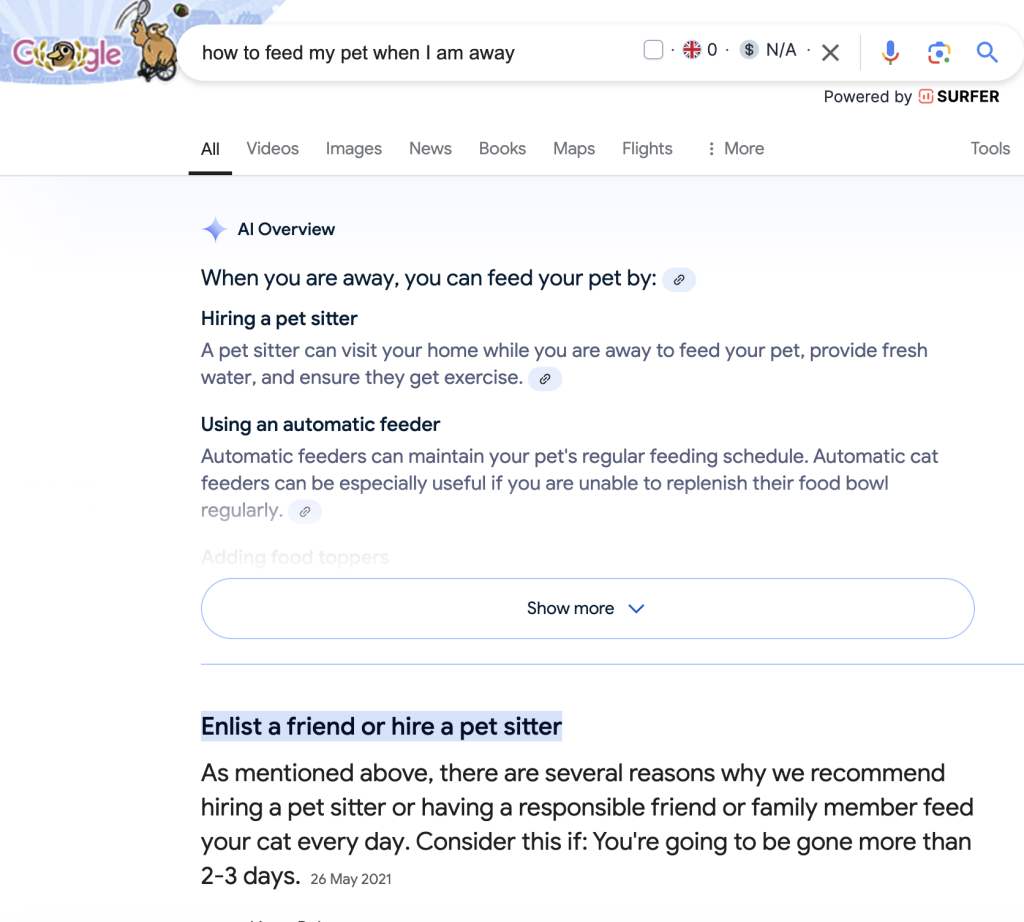
- Inbound Lead Generation Agency

- Insulation Lead Generation for Cavity Wall or Loft Insulations

- Is Lead Generation Worth it?

- Is Yellow Pages Business Advertising Value For Money?

- IT Services Lead Generation

- Joiner Lead Generation

- Landscaping Lead Generation

- Lawyers Lead Generation

- Lead Generation for Recruitment Agencies

- Lead Generation Quotes to Inspire You
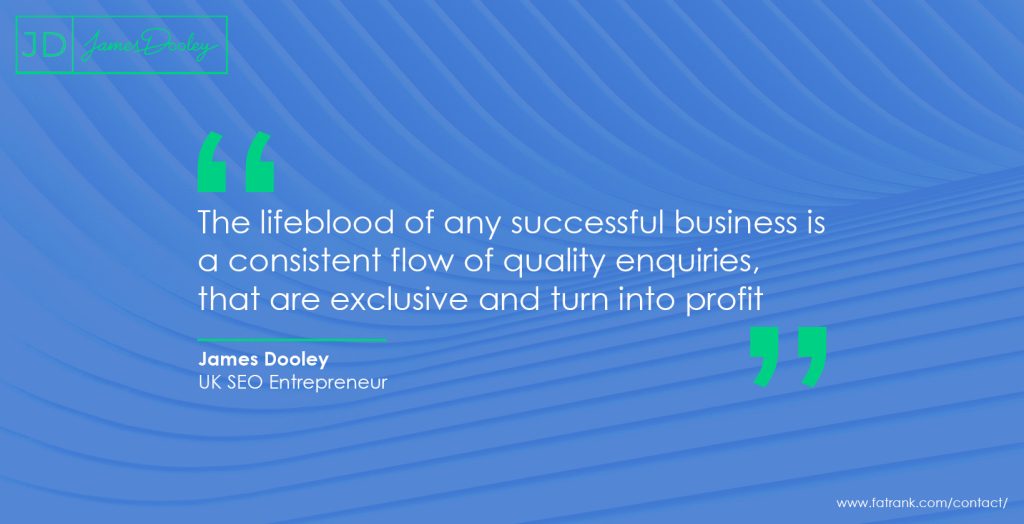
- Lead Generation Testimonials

- Lead Nurturing Strategies

- Lead Simplify Review
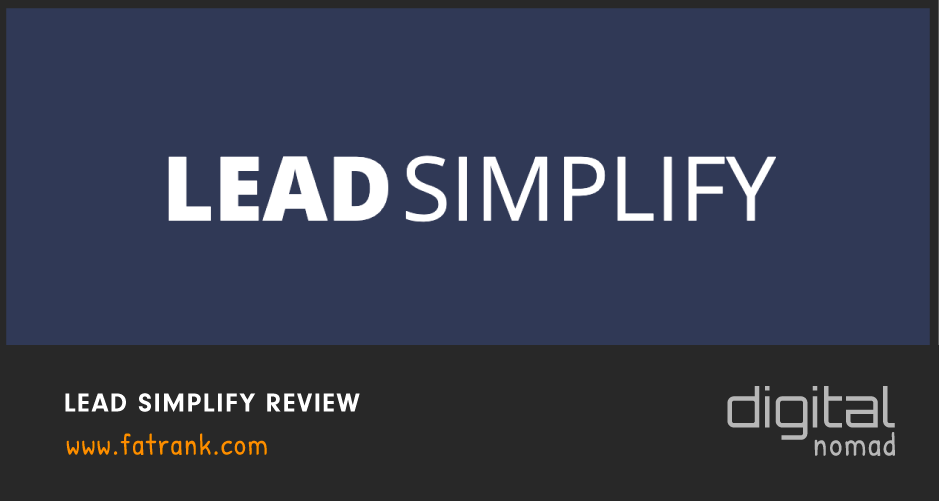
- Leads First: Everything Flows Downstream After Lead Generation
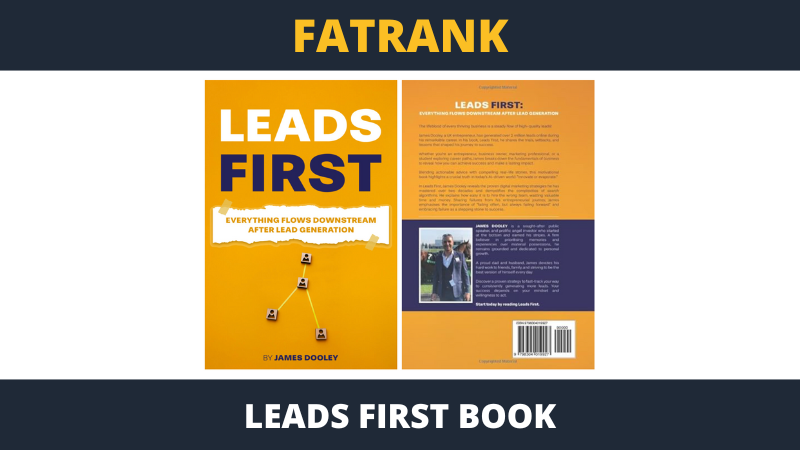
- Life Insurance Lead Generation

- Loans Lead Generation

- Locksmith Lead Generation

- Loft Conversion Lead Generation

- Mortgage Lead Generation

- Mould Remediation Lead Generation

- My Builder Review

- Outbound Lead Generation Agency

- Outsourced b2b Lead Generation

- Painting Contractor Lead Generation

- Pay Per Lead Generation

- Personal Trainer Lead Generation

- Pest Control Lead Generation

- Photographer Lead Generation

- Plastering Lead Generation

- Plastic Surgery Lead Generation

- Plumbing Lead Generation

- PPC Lead Generation
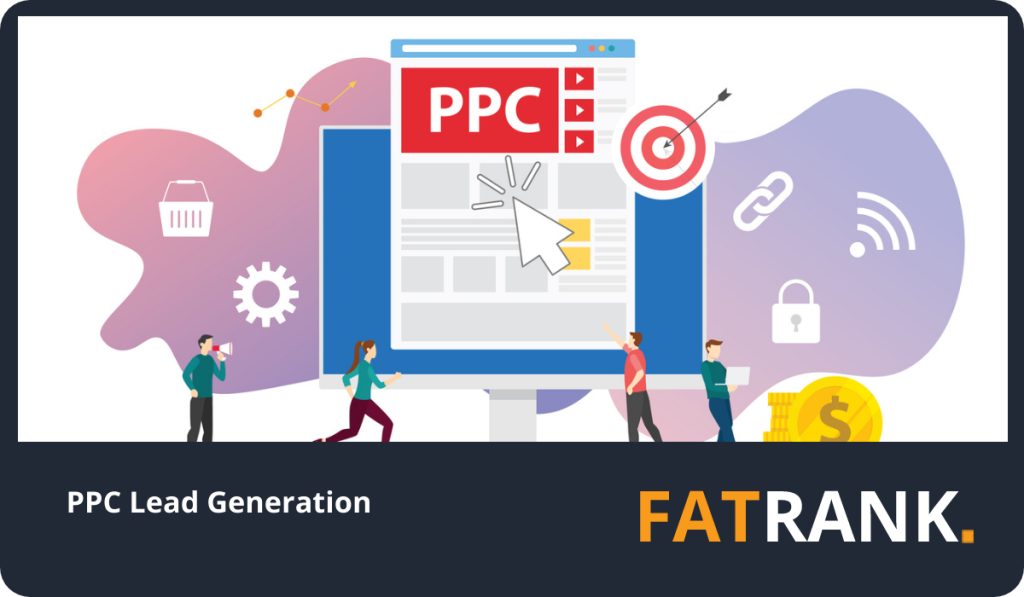
- Pressure Washing Lead Generation

- Qualified Investor Leads: How to Get High Quality Leads

- Questions You Should Ask Lead Generation Companies

- Real Estate Lead Generation

- Reasons to Decline Lead Generation Requests

- Recruitment Lead Generation

- Rendering Lead Generation

- Responding to Leads

- Roofing Lead Generation

- SaaS Lead Generation

- Scaffolding Lead Generation

- SEO Lead Generation

- Solar Panel Lead Generation

- Stairlift lead generation

- Suspended Ceiling Lead Generation

- Tree Service Lead Generation

- Trust-Based Revenue Share Lead Generation Model

- TrustATrader Review
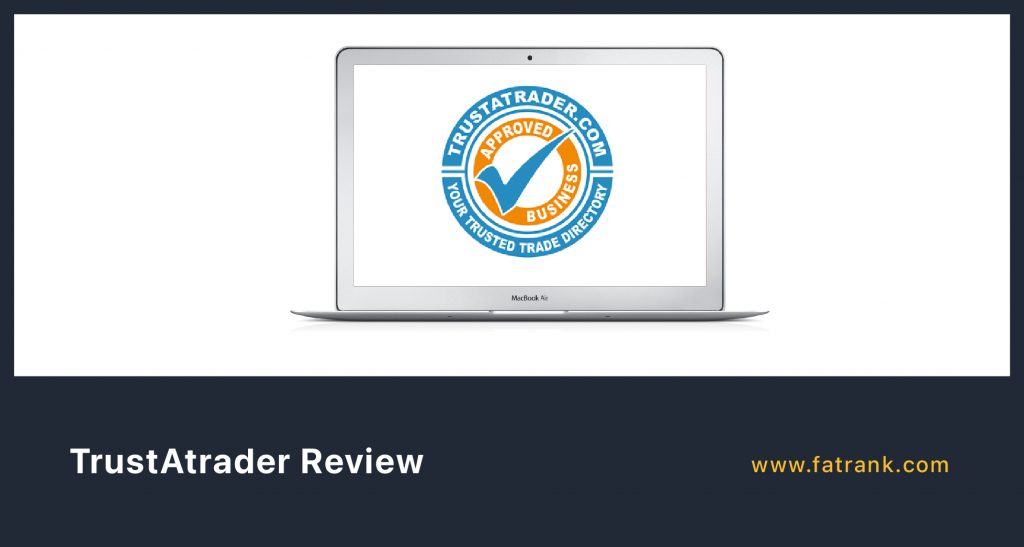
- Twitter Ads Lead Generation | Buy Twitter Advertising Leads

- Videographer Lead Generation

- Virtual Assistant Lead Generation

- Water Damage Lead Generation

- Web Design Lead Generation

- What is a Lead

- What Is Lead Management

- What Is The Impact Of Lead Response Time

- What Is The Importance Of Lead Quality

- Why is Lead Attribution Important?

- Why Real-Time Leads Could Boost Your Sales

- Zero Risk Lead Generation Service


About FatRank
Our aim to explain and educate from a basic level to an advanced on SEO and Social Media Marketing.
- 3Local Lead Generation Tool for Multi-Location SEO Landing Pages
- Reasons to Decline Lead Generation Requests
- Triggering Google Suggests
- Online Reputation Management Quotes That Highlight Why Your Brand Perception Matters
- Trust-Based Revenue Share Lead Generation Model
- Online Reputation Management Agencies
- Best Online Reputation Management Consultants
